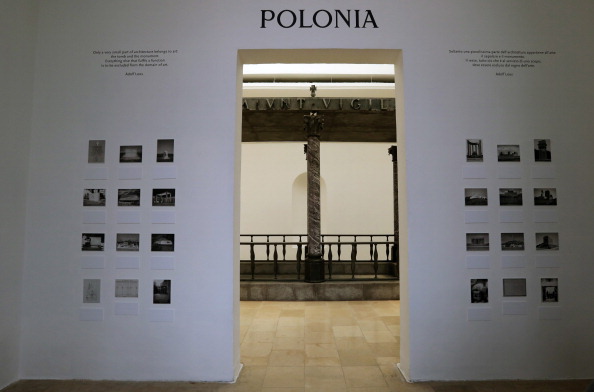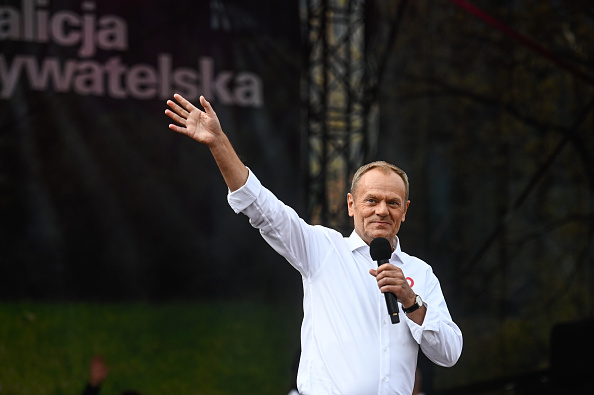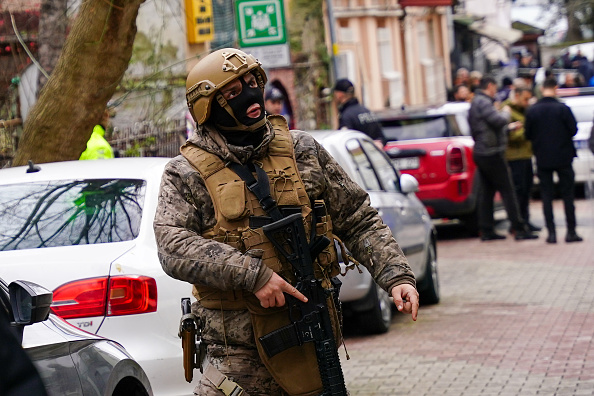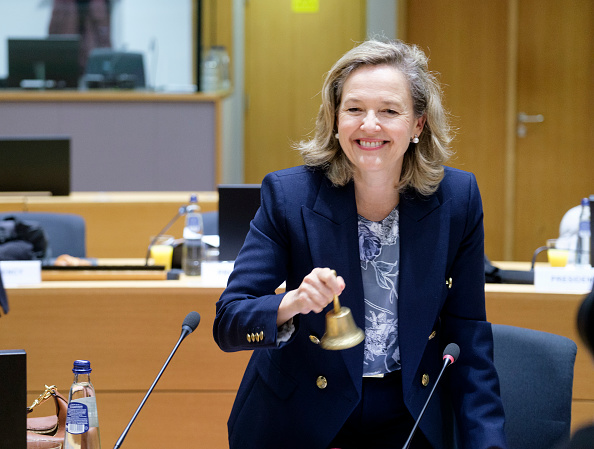US Big Tech giants Instagram and Facebook will launch a dedicated European Union-specific Elections Operations Centre for June’s European Parliament elections in a bid to combat “deep fakes” and other disinformation ahead of the vote.
Meta, which owns both platforms, faces a perfect storm with a quarter of the world’s population holding elections in 2024. That is exacerbated by being combined with ill-prepared governments and the array of free tools with which disruptive players can rapidly create at scale highly convincing but fake clips.
“Meta has been preparing for the Parliament elections for a long time,” said Marco Pancini, Meta’s head of EU affairs, on February 25.
Its new operations centre will have a mission to “identify potential threats and put specific mitigations in place across our apps and technologies in real time,” he said.
The centre will have specialist global teams “to counter covert influence operations”, which have taken down 200 “adversarial networks” traceable to governments since 2017, Pancini added.
Many Big Tech firms plan to use the European Parliament elections as a chance to refine their approaches ahead of US presidential elections in November.
Meta has hired “human-content reviewers for all 24 official EU languages”, according to Pancini. The multinational will next add new fact-checking partners in Bulgaria, France and Slovakia to focus on European content, he said.
“We are building tools to label AI-generated images,” from platforms such as Google and OpenAI, Pancini added.
Sir Nick Clegg, the UK’s former deputy prime minister and now Facebook’s head of global affairs, said responsible platforms (including Meta’s own AI outfit) include “metadata” and invisible watermarks in photorealistic AI to identify such fakery.
Satyam Srivastava, a data analyst in India, aded: “Here’s the kicker: deep-fake tech is playing a game of cat and mouse, constantly evolving to outsmart detection efforts.”
Critics argue it is difficult and costly for either humans or AI systems to screen audiovisual content, which is, unfortunately, cheap and easy to produce.
Also, once identified, the mitigation steps available to platforms mainly feature warning labels, getting their algorithms to deprioritise problematic content and referring users to credible information sources.
The problem is that research has shown all three of these measures to be unfit for purpose and insufficient.
Warning labels “have previously been shown to be ineffective in altering user perceptions”, according to Oxford Analytica.
Referring users to sources of credible and reliable information “also has limited impact, as similar steps during the COVID-19 pandemic revealed”, it added.
The European and US elections represent a high-stakes game for Facebook, Instagram and online platforms generally, many of which have already attracted close attention from regulators in both Brussels and Washington.
James Gray of UK digital marketing agency Sagittarius, said Facebook and Instagram have long struggled to moderate the content on their platforms.
That struggle has been in the public eye to the “extent that they’re cited as being responsible for influencing everything from elections to massacres”, he added.
Now, Gray said, they are”trying to get ahead of, or at least on-time with, trying to regulate AI-generated content on the platforms, even if that is a bit of a PR move to some degree”.





